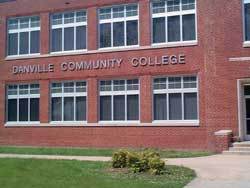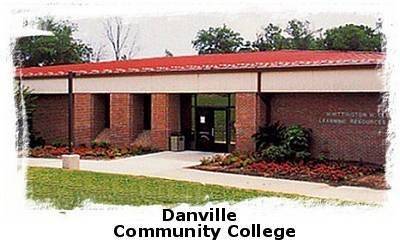Introduction
If walls could talk, Danville Community College (DCC) would have quite a story to tell. It would begin in 1890 when the 11 buildings on the sprawling 86-acre campus in Southern Virginia were home to the Danville Military Academy. It would remain a military academy until 1939, just as Europe was heading into another world war. The campus itself became part of a subplot of World War II in 1944. Guarded by the military, prisoners of war called the campus home until 1945.
The end of the war saw the release of the prisoners, and the campus again found itself transitioning. This time, Virginia Polytechnic Institute and Danville Technical Institute shared the campus. Eventually, in 1966, the two schools merged to create today’s Danville Community College.
Today, DCC serves students in Pittsylvania and Halifax counties and provides students with an idyllic setting for learning. Danville, self-described as “the heart of Southern Virginia,” sits along the Dan River, providing students and community members with plenty of outdoor activities, especially with the temperate climate year round. Golf, tennis, hiking, walking, biking, and motorsports are popular activities, while antiquing is another popular pastime. Wine connoisseurs have the Tomahawk Mill Vineyard & Winery; animal lovers might want to check out the Owen Farm and Petting Zoo; and baseball fans can catch a minor league Braves’ baseball game.

